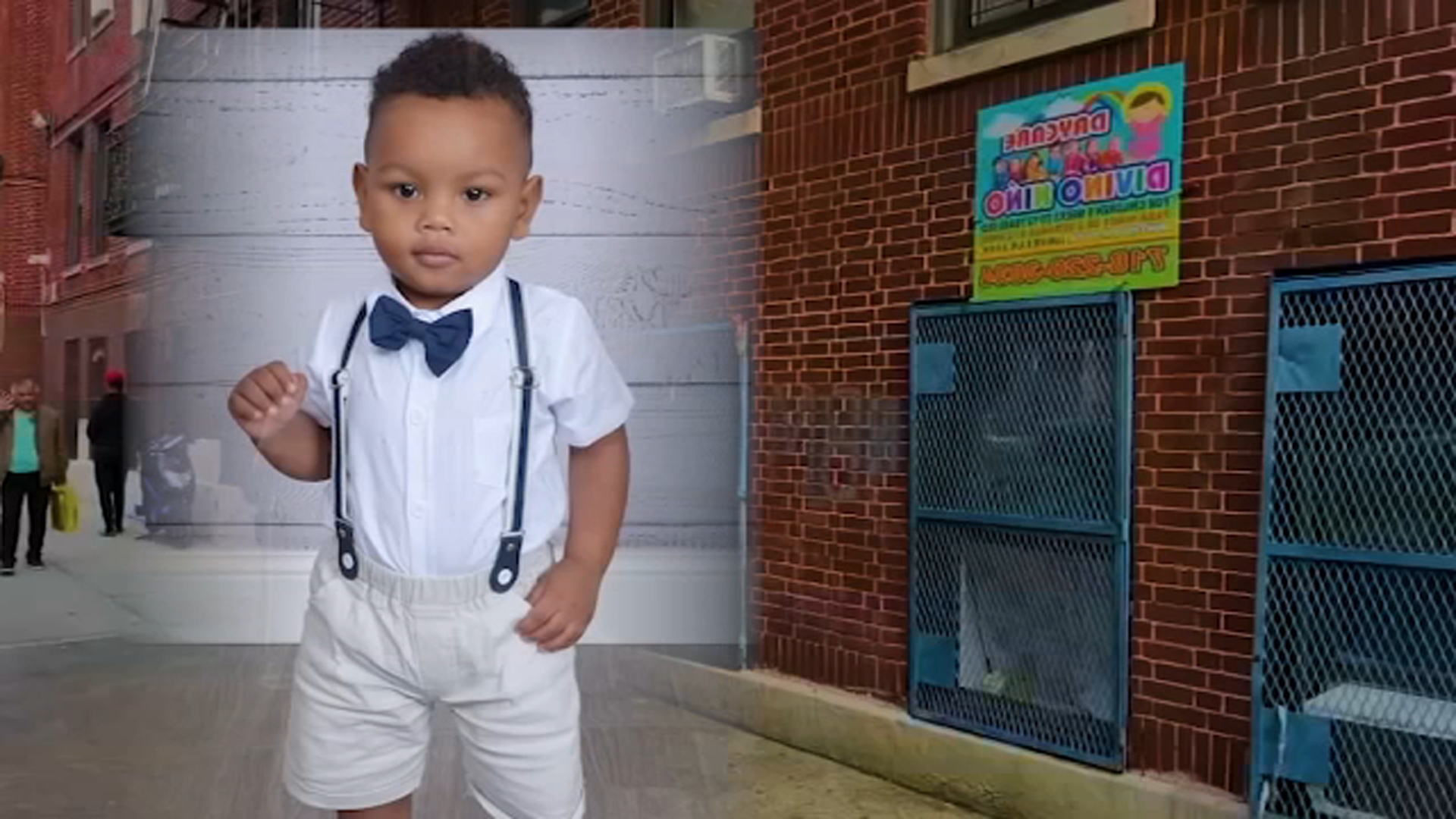Despite population growth, North Carolina preschools, daycares shutter during COVID-19 pandemic
RALEIGH, N.C. (WTVD) -- The American economy is more like an ecosystem and early childhood education feeds a lot more than just the future workforce.
"Families will be stranded now," Michele Rivest, Executive Director at the NC Early Education Coalition, said. "Families won't be going back to work and employers won't have the workforce they need to run their own businesses."
Though the providers themselves are regarded as "essential workers," preschools and daycare centers are hardly considered essential services and instead remain a predominantly private, for-profit enterprise.
Despite the insatiable demand for childcare, however, the industry itself has been in poor financial health even before the pandemic.
According to data obtained by the ABC11 I-Team, more than 3,000 licensed child care centers and homes closed between 2005 and 2019, a 35 percent decrease in less than 15 years. The population of children under six in North Carolina, meanwhile, grew by more than 40,000.
As of December 2020, as many as 900 more shut down during the COVID-19 pandemic.
That number includes King's Kids Early Education Learning Center in Garner, which closed in July after the landlord decided to end the lease.
"This is what I meant to do for my life," Deanna Randle, the program's director, said. "My degree is in early childhood education. My masters is in education management."
Randle continues to store everything from toys to cribs to desks - even marked vehicles - at a storage unit as she struggles to find an affordable alternative to reopen.
"Because you're a private industry, you're trying to stay open and make ends meet, but at same time you're depending on private sector to provide you with means to do so," she said. "During pandemic when children aren't coming, there's a reduction in numbers."
The reduction in numbers was also a reason cited by the Raleigh Nursery School for struggling to reopen safely since closing in March 2020. Walking inside the 70-year-old historic Black-owned childcare center near Shaw University is like a snapshot in time as the classrooms, artwork and cubbies all remain from last year.
"It does keep me up at night," Brenda High Sanders, Executive Director at Raleigh Nursery School, said of the decision to suspend operations. "And even reopening is as stressful as the closing because we want to get it right."
At its peak pre-pandemic, the school enrolled nearly 100 kids.
"We were providing breakfast, lunch, snack and meals. Many young parents don't cook balanced nutritious meals. They feed children but not the way we did," she said. "Some jobs won't come back and in some cases the fear factor and comfort level might take longer than what science dictates."
Both providers and parents will get significant help from the recently passed American Rescue Plan, which earmarks billions of dollars for early childhood education; North Carolina is due at least $1.3 billion.







